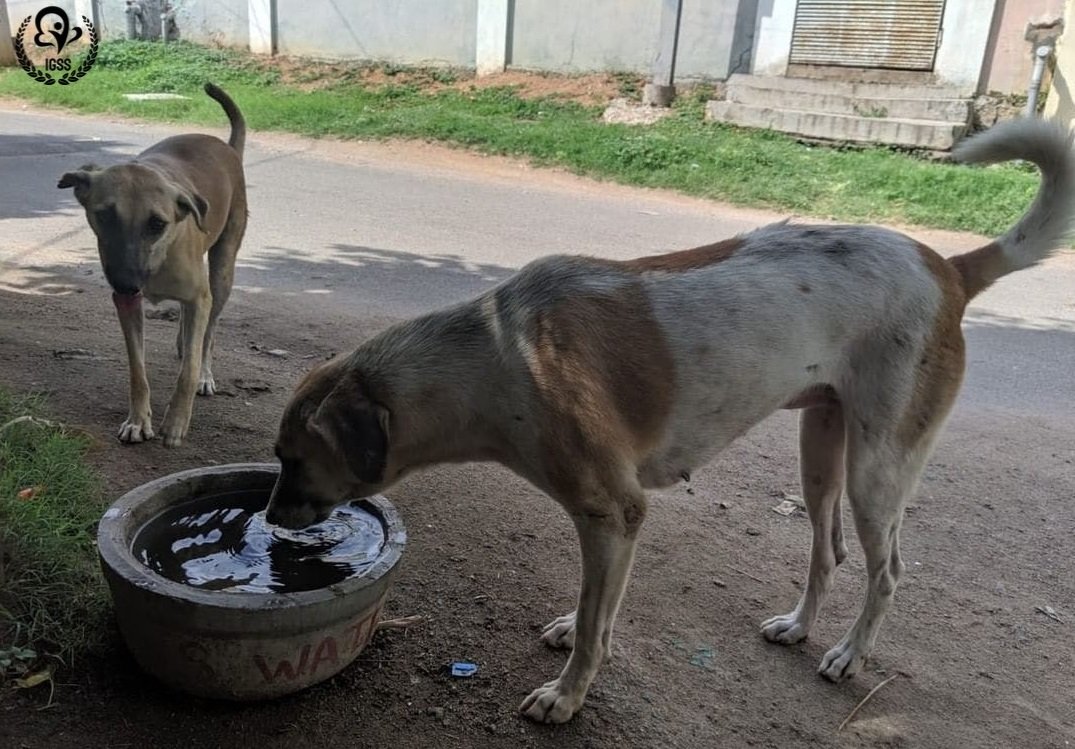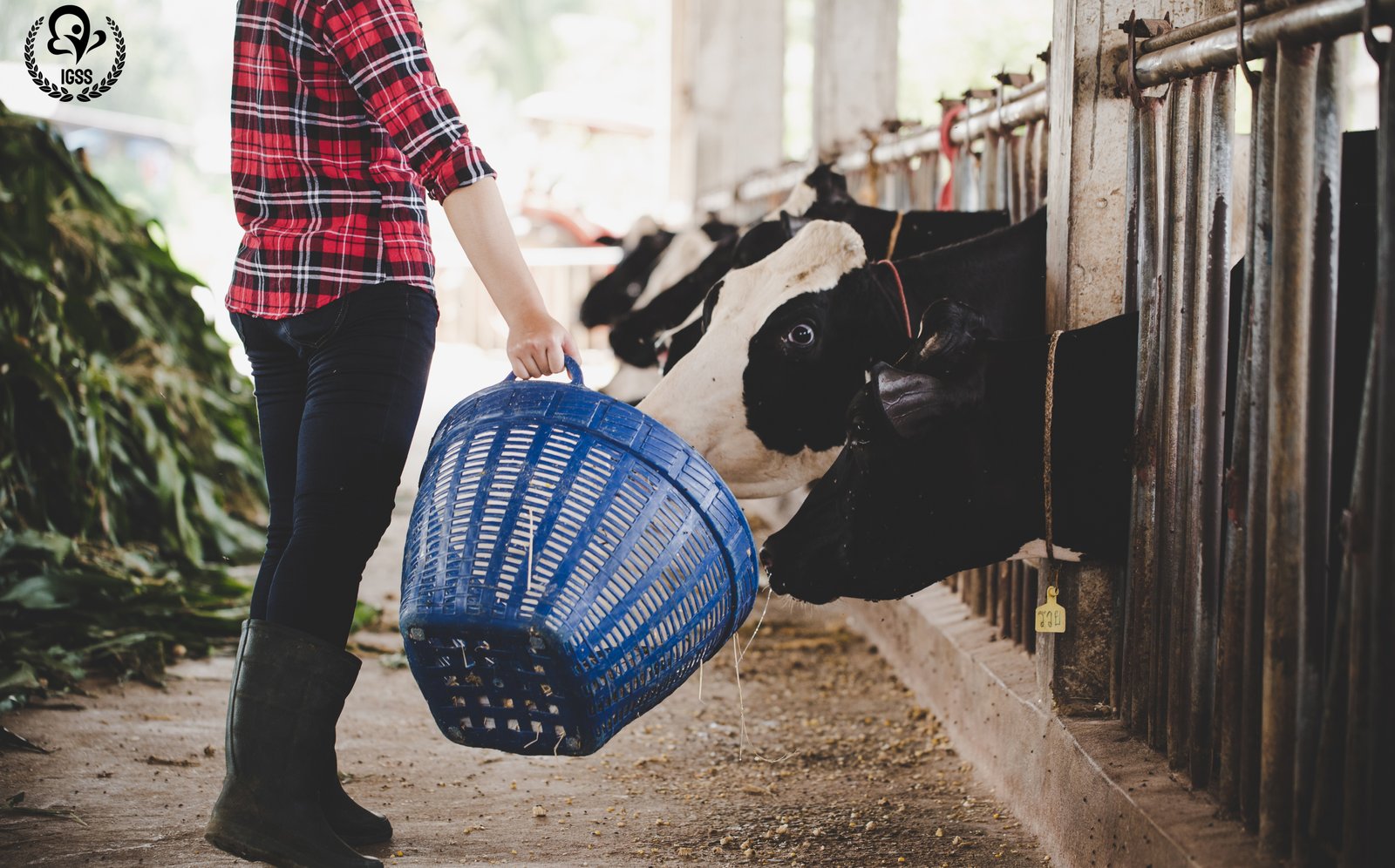
Many animal care NGOs and volunteers work with these organizations to feed stray animals, but if you have taken this initiative on your own or if you are new to this and you're not sure what to feed stray animals don't worry, we’ve got you covered.
1. Feeding stray animals on regular basis (be consistent)
If you’ve decided to feed stray animals, make sure you’re doing it regularly. Street animals are poor at hunting and generally live off the scraps they can find or depend on people to feed them. If you’re inconsistent, pups and kittens that have come to depend on you for food will be left to fend for themselves.
2. Feed them at the same place and same time every day
It’s best to stick to the same spot so that the animals know exactly where to come to get fed. Additionally, sticking to the same time will also help build a routine for the animals and foster greater trust.
3. Keep a water container nearby

Keep a bowl of water for the stray animals inside or outside your gate. Clean and fresh water is very important and extremely hard to come by for a stray animal. You can also pour them a bowl of clean water after they’re done eating. Just be sure to keep the bowl clean and filled with room-temperature water; make sure to keep changing the water bowl so it should not become dirty and contaminated, which carries bacteria and germs that will pose a risk of deadly disease for these animals.
4. Be careful about what you feed them
Generally, home-cooked foods like plain rice, rotis, boiled vegetables, etc. easily suffice for pets as well as stray animals. They should not be fed spicy, sweet, deep-fried, and/or salty food, as it is extremely harmful for their bodies. Cooked meat and fish are good options for older animals; but do not give cooked meat to young animals as they will not be able to digest it.Kindly remember to not give raw meat to pets or stray animals.
You don't have to buy expensive meat; scraps like chicken feet or particular packaged food these animals do not eat much to eat your simple home cooked meals will give them immense satisfaction as well.
5. Feeding cows

Living in India, cows are very much a stray animal nowadays. If you’re feeding cows, be careful to avoid spicy, sweet, deep-fried, salty, and/or junk food, whether it's meat, fish, or eggs. But they would be happy to get any plants, fruits, or vegetable remains that are generated in your house each day, such as vegetable leaves and stalks, fruits and vegetables, peels, corn and corn husks, unwanted grass and weeds, plant trimmings, etc. If you use any chemical-based pesticides or insecticides, avoid feeding cows plant waste, as it’s capable of killing them.